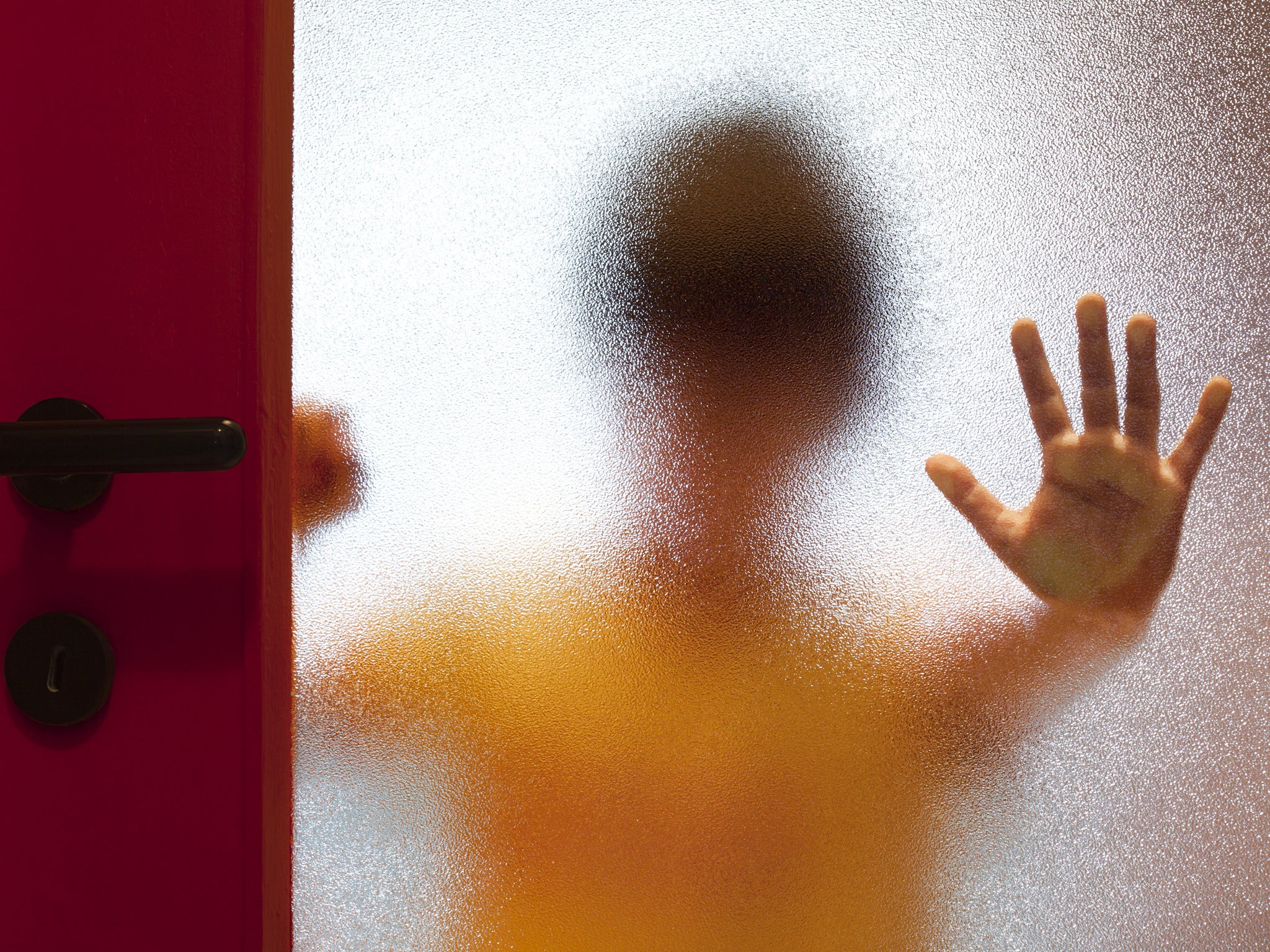As the Vatican is confronted by the UN, we must remember that the best evidence in child abuse cases will come from victims themselves
We now know a great deal more about children’s memory

The Vatican were asked by the UN in July to provide details about all child sexual abuse cases committed by the Catholic Church since 1995.
They needed this information by November, ahead of a public hearing scheduled for today.
However, they received no response until December, when the Vatican issued a statement in which they refused to provide the full details that had been requested
Many will have been disappointed by this, and will no doubt be wondering what the point of today’s hearing now is.
But it is worth bearing in mind that, no matter whether the Catholic Church disclose the full information or not, the best data about what has been going on behind closed doors will come from the victims.
From research, we now know a great deal more about children’s memory than we did many decades ago.
We also know much more about what their strengths and weaknesses as eyewitnesses are.
So due to scientific advances in our understanding of memory, and the development of sound interviewing techniques, we are in the strongest position to get to the truth that we ever have been.
In the past, there was a belief that children weren’t good witnesses. That they were suggestible and that the evidence they provided was unreliable.
But we now know this isn’t necessarily true and, over the past few decades, have developed tried and tested techniques that enable us to find out what, if anything, really happened.
Memory plays an important role in any investigation, but particularly in cases of child abuse where it is often the only evidence that exists.
The problem it poses, however, is that it is highly susceptible to outside influences, so careful training is required for child investigators.
The way in which a person is asked about the past, dramatically affects their memory of what happened.
If they are asked leading or suggestive questions, the defence will be able to argue that the memory has been tampered with and someone who is guilty could get off on a technicality.
So it is a huge responsibility to be the person interviewing the witness.
Tampering with the evidence is rare at a crime scene these days, because everyone knows they need to be careful. But the same can’t always be said about the interview process.
What we need to do is ensure that the evidence you can’t touch – like the witness’s memories – is approached with the same caution as that used by police at a physical crime scene.
And the best way to do this is to make up-to-date research based protocols available to train interviewers – for examplethe ‘gold standard’ developed by the National Institute for Child Health and Human Development (NICHD) a decade ago.
Based on almost 20 years of scientific research, the NICHD Protocol recommends that the interviewing of child witnesses should follow a structured approach.
This involves laying out the ‘ground rules’ at the beginning of the interview, conducting a practice interview to build rapport, and asking open-ended questions.
These enable the witness to access what we call their ‘free-recall memory’, which is where the most accurate and reliable information about events that really happened to them comes from.
Open-ended questions also reduce the number of misleading or suggestive questions that are asked, which makes the evidence much more robust when presented in court.
Giving children the opportunity to express their own version of events in this manner is important, but in order to be able to do that, the interviewer needs to have an understanding of children’s developmental characteristics, capacities, and limitations.
Although there are major improvements in memory across childhood, we know that memory is imperfect and reconstructive (we don’t store memories like video-recordings that we can play back when we need to revisit them) among children and adults alike, even when stressful, traumatic, or “highly memorable” events are involved.
Legal and psychological professionals therefore need to appreciate the complexities of human memory and avoid having unreasonable expectations regarding the amount, specificity, or type of information that children can be expected to recall.
This will enable them to play to the children’s strengths when it comes to memory, and avoid compromising their evidence by asking them questions which require cognitive, linguistic, or social skills that have not yet been developed.
These were things that we didn’t fully understand when researchers first began studying children’s memory capabilities in eyewitness contexts, and there is still plenty of research we need to do to continue to make advances.
However, we do know that if scientific evidence-based tools and procedures are followed in the same way as those adhered to at a physical crime scene, we can get justice for the victims.
Dr David La Rooy is a memory expert and Chartered Psychologist based at Abertay University
Join our commenting forum
Join thought-provoking conversations, follow other Independent readers and see their replies
Comments
Bookmark popover
Removed from bookmarks